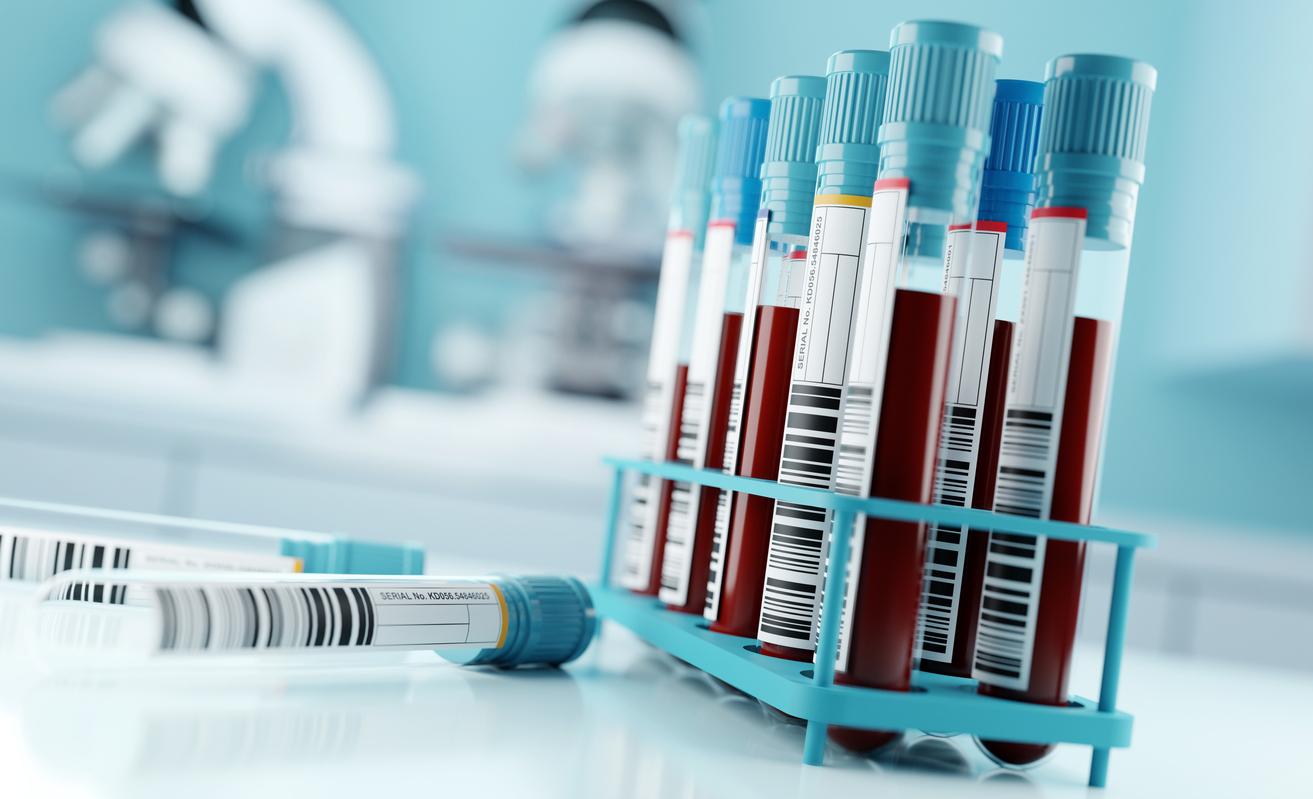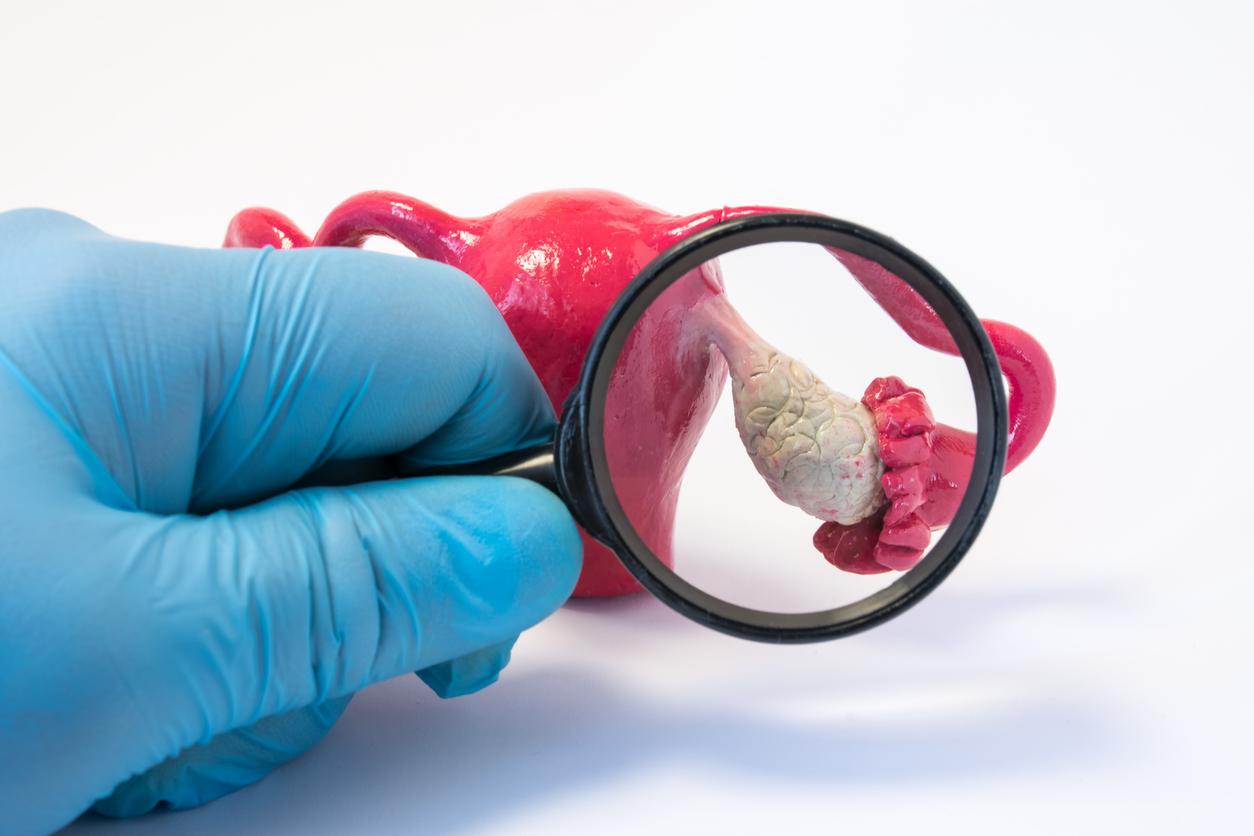Long-term exposure to aircraft noise, particularly at night, is linked to an increased risk of developing arterial pressure high, heart problems and stroke, depending on the results of a study published in the journal BMJ.
Researchers from Claude Bernard University in France studied the medical data of 420 people living near Athens International Airport in Greece, where 600 planes take off and land every day.
Then they formed six groups of people living near six major European airports who took part in the HYENA study, which assessed the potential health effects of aircraft noise in 2004-2006.
About half of the participants (just under 49%) were exposed to more than 55 decibels of aircraft noise during the day, while about one in four (just over 27%) experienced more than 45 dB of airborne noise at night.
Airplane noise bad for the heart
The findings of the study revealed that exposure to aircraft noise, particularly at night, was associated with all cases ofhigh blood pressure and to cardiovascular disorders.
Between 2004-2006 and 2013, 71 people were diagnosed with high blood pressure and 44 with cardiac arrhythmia. 18 others had a heart attack.
And, for every additional 10 decibels, the risk of high blood pressure increases by 34%.
“An increased risk ofstroke was also related to increased aircraft noise exposure, but this was not statistically significant, possibly due to the small number of cases involved,” the researchers suggest.
“These results contribute to the evidence that exposure to aircraft noise at night may increase the risk of hypertension in men. Hypertension is a well-known and established risk factor for cardiovascular disease. The association reported in the present study between aircraft noise and hypertension implies that aircraft noise may be a risk factor also for cardiovascular illnesses “, concludes Anne-Sophie Evrard, researcher at Claude Bernard University and author of the study.
Read also:
Sleep apnea: risk of diabetes and hypertension
Hypertension: the 3 periods at risk in women
Hypertension: 5 Ways to Normalize Your Blood Pressure Naturally


















